The miniature Bull Terrier is a small but powerful breed of dog that is highly active and sharp minded. They have become popular as pets because of their energy and loyalty to their owners. In this article, we will discuss the origin, features, and care of this breed.
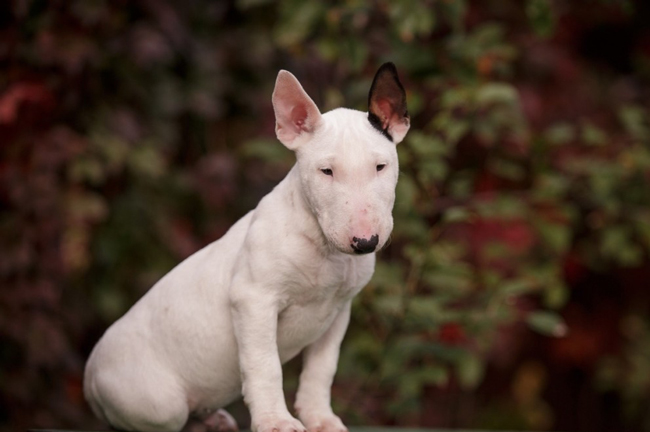
History of the breed
The miniature bull terrier is descended from larger bull terriers that were used to fight bulls in England in the 19th century. However, when animal fighting was banned, these dogs began to be used to hunt rats and other rodents. The miniature bull terrier was bred from a cross between bull terriers and rat terriers.
Features
- Appearance: The miniature bull terrier has a strong build and a short, smooth coat. They usually have a withers height of 25 to 40 cm and weigh 7 to 14 kg. Color can be any color, but the most common are white, black, white-black and tiger.
- Character: The miniature Bull Terrier is an energetic, intelligent and loyal dog. They have a strong temperament and need plenty of physical and mental exercise. They can be aggressive toward other dogs and animals, so socialization is an important part of their upbringing.
- Health: The Miniature Bull Terrier is prone to some diseases, including hip dysplasia, eye problems, and skin allergies. Therefore, it is important to see your veterinarian regularly and keep an eye on your pet’s health.
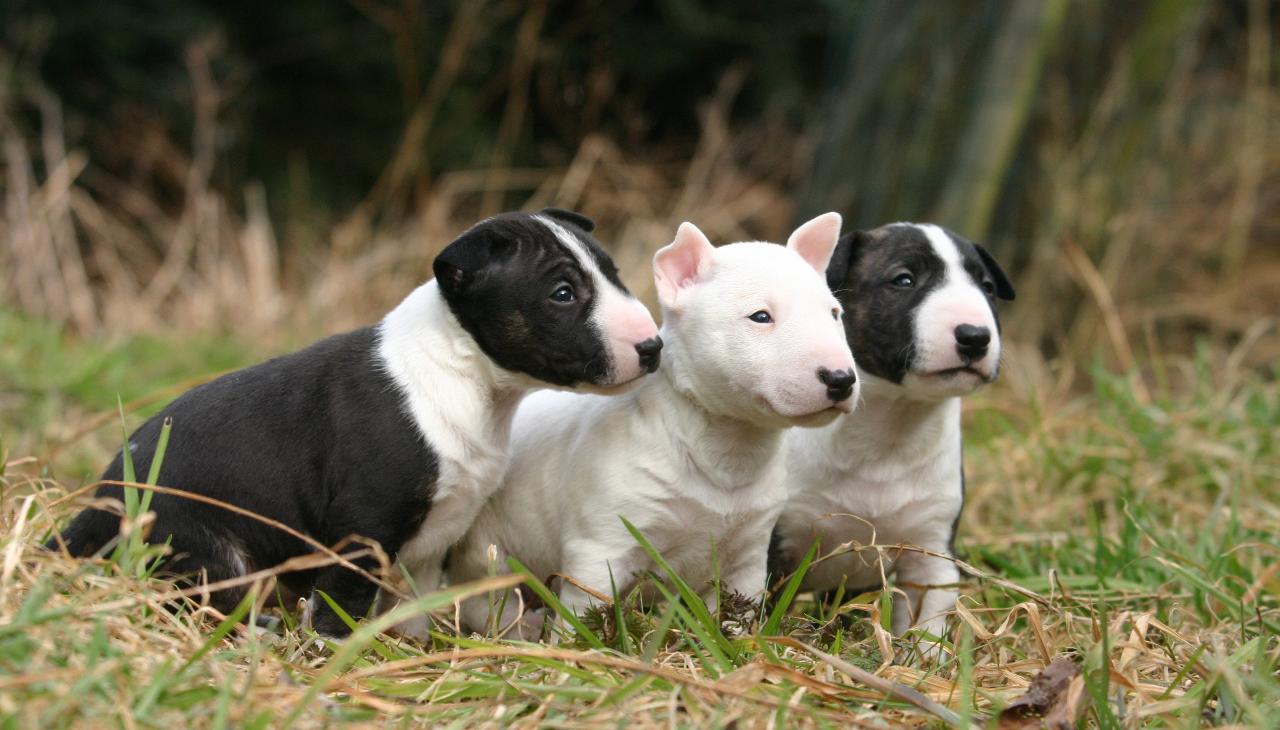
Bull Terrier Care
- Nutrition: The Miniature Bull Terrier needs a balanced diet that contains all the necessary nutrients. It is important to avoid overeating, as this breed is prone to obesity. Balanced dry foods that contain at least 25% protein are good.
- Exercise: The miniature bull terrier needs a sufficient amount of physical and mental exercise. Regular walks, games, and training will help keep them fit and mentally sharp.
- Grooming: The miniature bull terrier has a short coat, so minimal maintenance is required. Regular brushing of the dog’s teeth, ear and eyes is recommended.
How long does a mini bull live?
The life expectancy of a Miniature Bull Terrier is 11 to 14 years. However, as with any breed, longevity can depend on many factors, including genetics, quality of care, nutrition and lifestyle. Regular vet visits, proper nutrition, and adequate exercise will help prolong the life of your Miniature Bull Terrier.
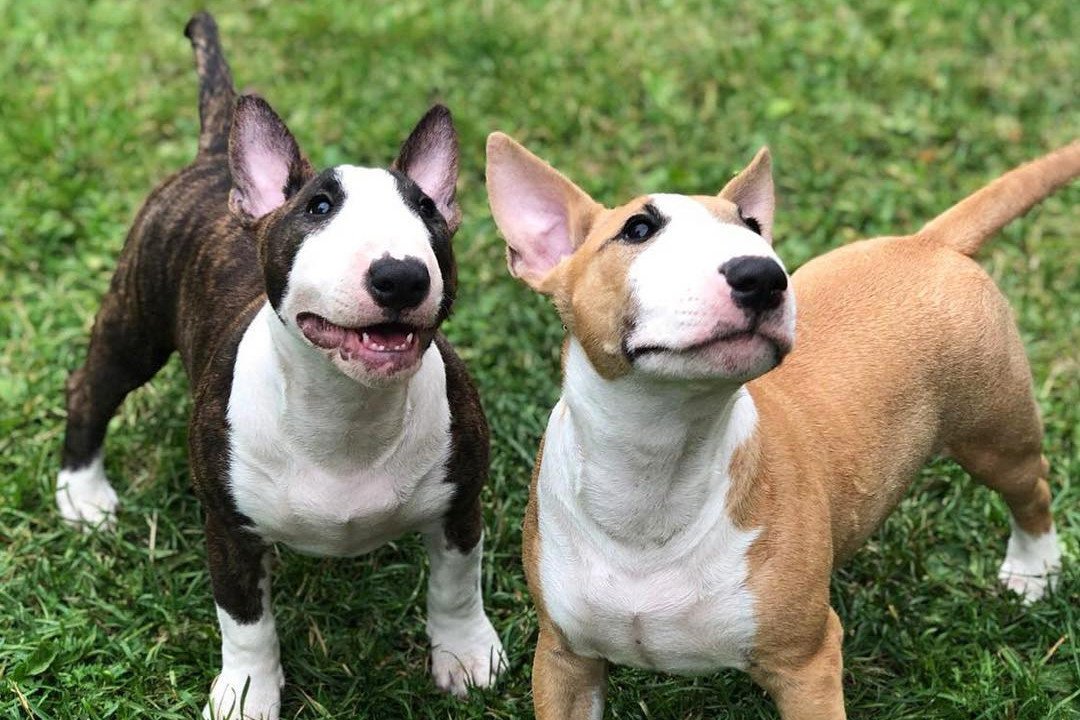
Top 10 facts about the Bull Terrier:
- The miniature bull terrier was bred in England in the 19th century as a result of crossing bull terriers and rat terriers.
- These dogs were originally used for fighting bulls, but when this type of fighting was banned, they began to be used for hunting rats and other rodents.
- The miniature bull terrier has a short, smooth coat and can be any color, but the most common are white, black, white-black and tiger.
- They are very energetic and need plenty of physical and mental exercise.
- Miniature Bull Terriers can be aggressive toward other dogs and animals, so socialization is an important part of their upbringing.
- They have a strong temperament, but with proper training can become loyal and loyal dogs.
- Miniature Bull Terriers are prone to some medical conditions, including hip dysplasia, eye problems and skin allergies.
- These dogs are great for apartment living, but they need plenty of exercise and mental stimulation.
- Miniature Bull Terriers love to spend time with their owners and may suffer from separation and loneliness.
- The Miniature Bull Terrier is a popular breed around the world because of its high level of energy, intelligence, and loyalty to its owners.
Conclusions
The Bull Terrier Miniature is a breed of dog that has an energetic personality, strong intelligence, and a high level of loyalty to their owners. They are loyal and wonderful pets, but require a fair amount of physical and mental exercise as well as attention and care from their owners. Miniature Bull Terriers can be aggressive toward other dogs and animals, so socialization and proper training are important elements in their care. Maintaining a balanced diet and taking regular care of the dog’s health are also important aspects of miniature bull terrier care.
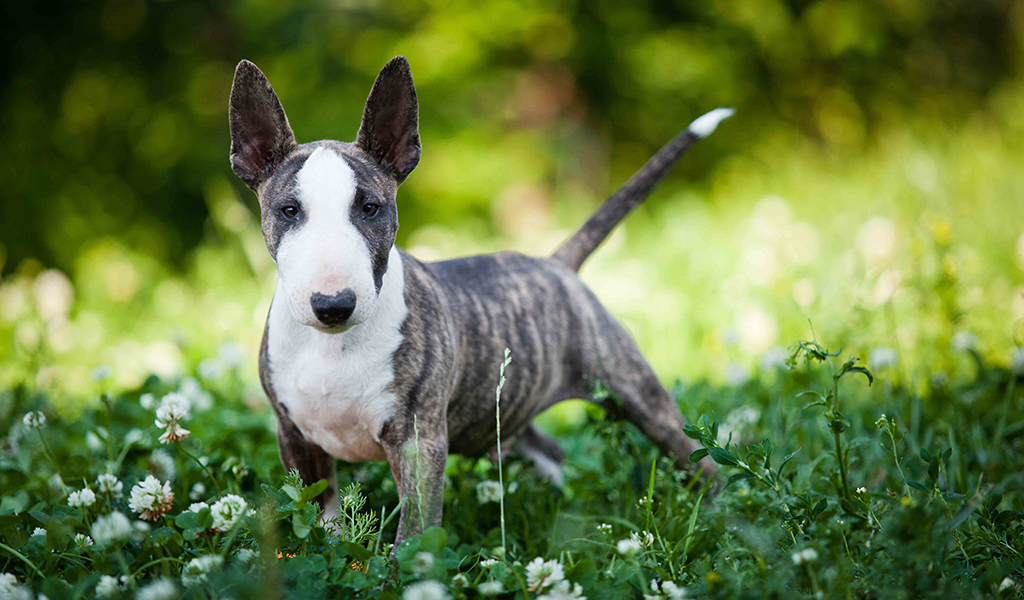

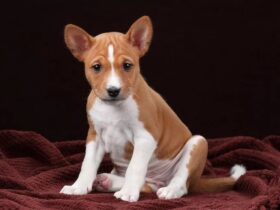
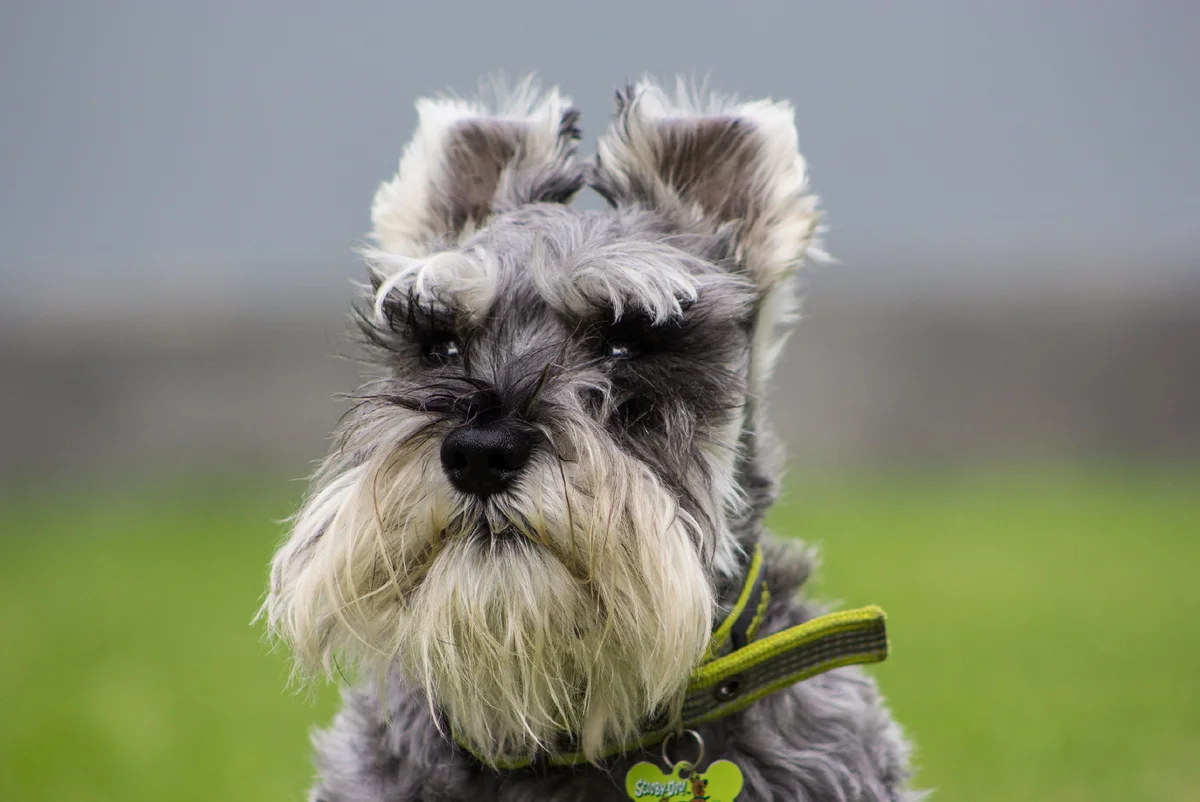
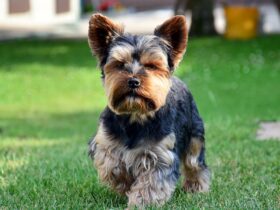

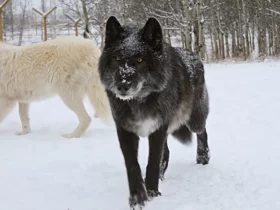
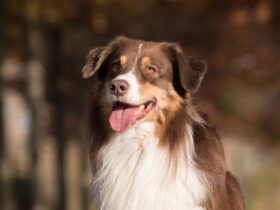
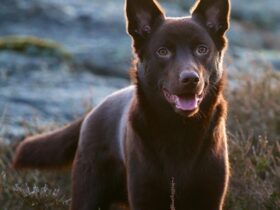
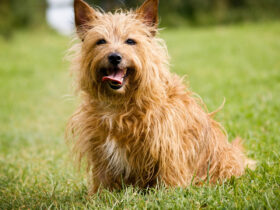
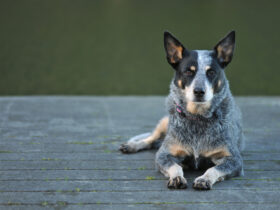

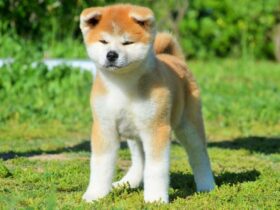
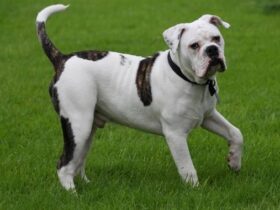
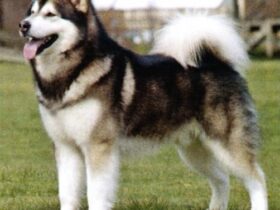
Leave a Reply